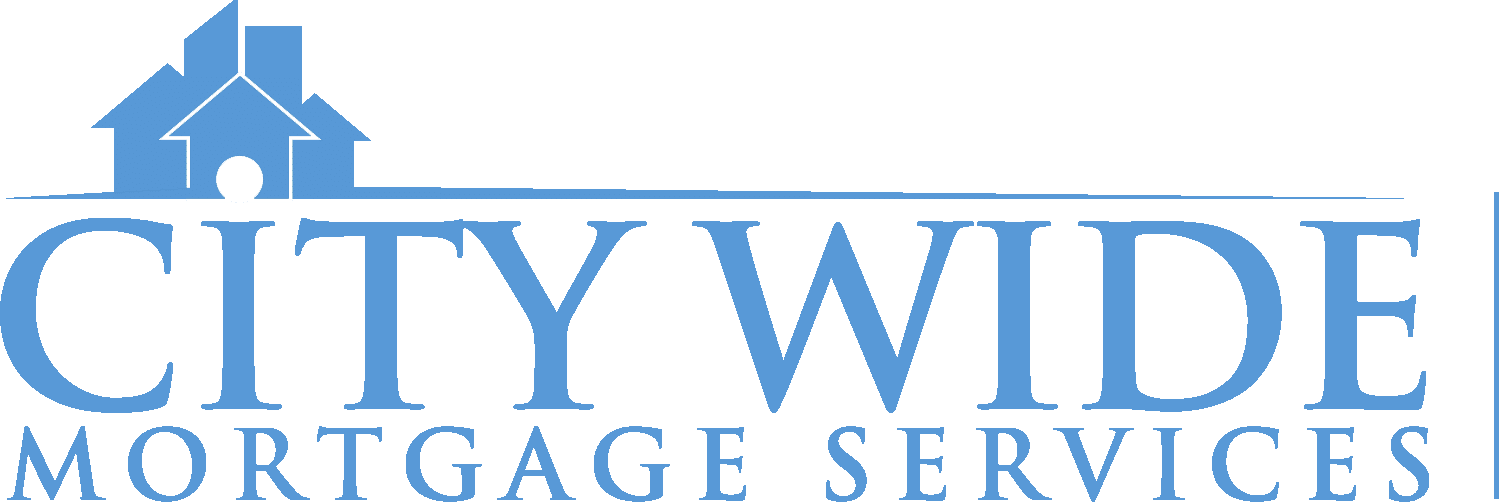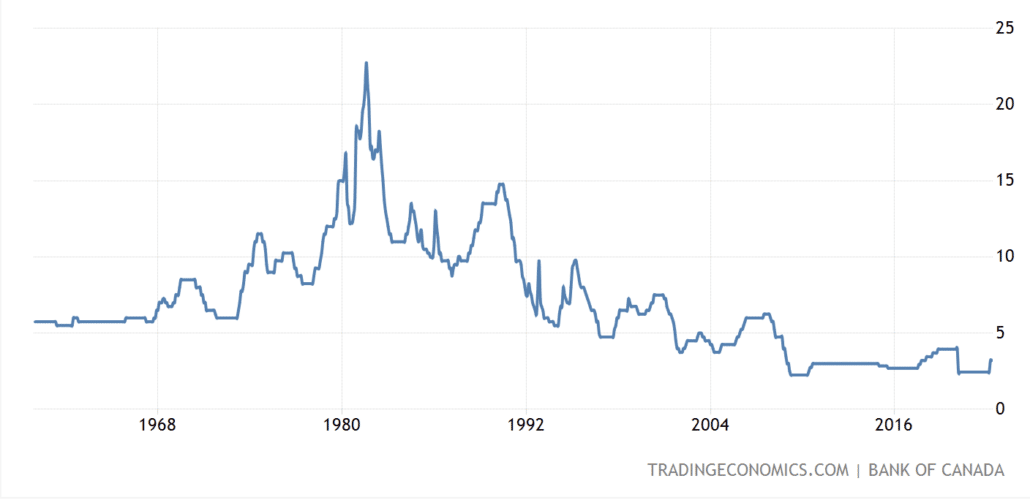Bank of Canada Rate Announcement – June 2023 – 0.25% INCREASE
| Good morning, The Bank of Canada raised rates 0.25% at this mornings rate announcement. This move was a bit of a surprises as, while a potential hike was being floated, markets weren’t favouring an increase at this meeting. This continues to be a difficult central bank to predict as if you recall, following the last hike in January they indicated their intention was to pause & wait to see how the impact of rates played out & data unfolded. Something changed over the last month so let’s take a look at what happened & what prompted this big reversal. First off, inflation. Instead of headline inflation dropping from the March 4.3% to the expected 4.1% in April, it went up slightly to 4.4%. A 0.1% increase obviously isn’t much of a difference but it’s all about expectations & the rate of change, but it’s worth noting that was the first increase in 10 months. |
 |
| The irony of that print is the increase was largely driven by higher shelter costs — namely rents & mortgage interest expenses – both results of high mortgage rates. Rates are high because of inflation. Inflation is high because of high rates. It’s interesting to note that the Bank didn’t really change it’s outlook for CPI. Same as the last meeting, the expectation was for us to fall to 3% this summer. Was inflation the reason they raised this morning? Seems a little thin. So what else happened? On the GDP front, Canada grew by 3.1% annualized in Q1 but basically all of that growth happened in January with 0.5% growth. February came in at 0.1% & March 0%. Consumption & demand for services are the points of strength but like we’ve talked about before, when you’re bringing in record numbers of new Canadians each year that is going to support those areas. If you look at GDP on a per capita basis which is a closer reflection of the reality Canadians are facing, we’re in a recession now. On the housing front prices have been going up but not because this is a healthy & balanced growing economy. House prices have been increasing because we’re still dealing with extraordinary low levels of inventory. Limit the supply of something & prices go up. Demand needs to fall in turn to extraordinary low levels. How will we get there with all the new bodies coming in needing places to live? |
 |
In the Bank’s financial system review it noted approx 1/3 of mortgages have seen increases in their payments compared to Feb 2022. Considering only 30% of Canadians have some form of housing loan, we can assume only 10% of Canadians have seen a mortgage payment increase & explains a little bit why this massive move up in rates hasn’t had the impact (yet) many would have predicted at the start. Make no mistake, the Bank of Canada wants the economy to break. The move today was worrisome as this could very well open up the door to more increases over the summer. On the one hand, more increases would bring us closer to the eventual points of rates going down, but on the other hand the question is how long will it take to get there & what is going to happen in the meantime. If you’re in a variable rate mortgage, and not necessarily wanting to lock in to your remaining term with your lender but wanting to secure a shorter term fixed for the next 4 months to see what the coming Bank of Canada meetings brings, get in touch with me today as we can still get 2 year rates in the low 5% range but would need to lock that in ASAP before taken off the table. If you would like to discuss any of this please get in touch with me today. |




